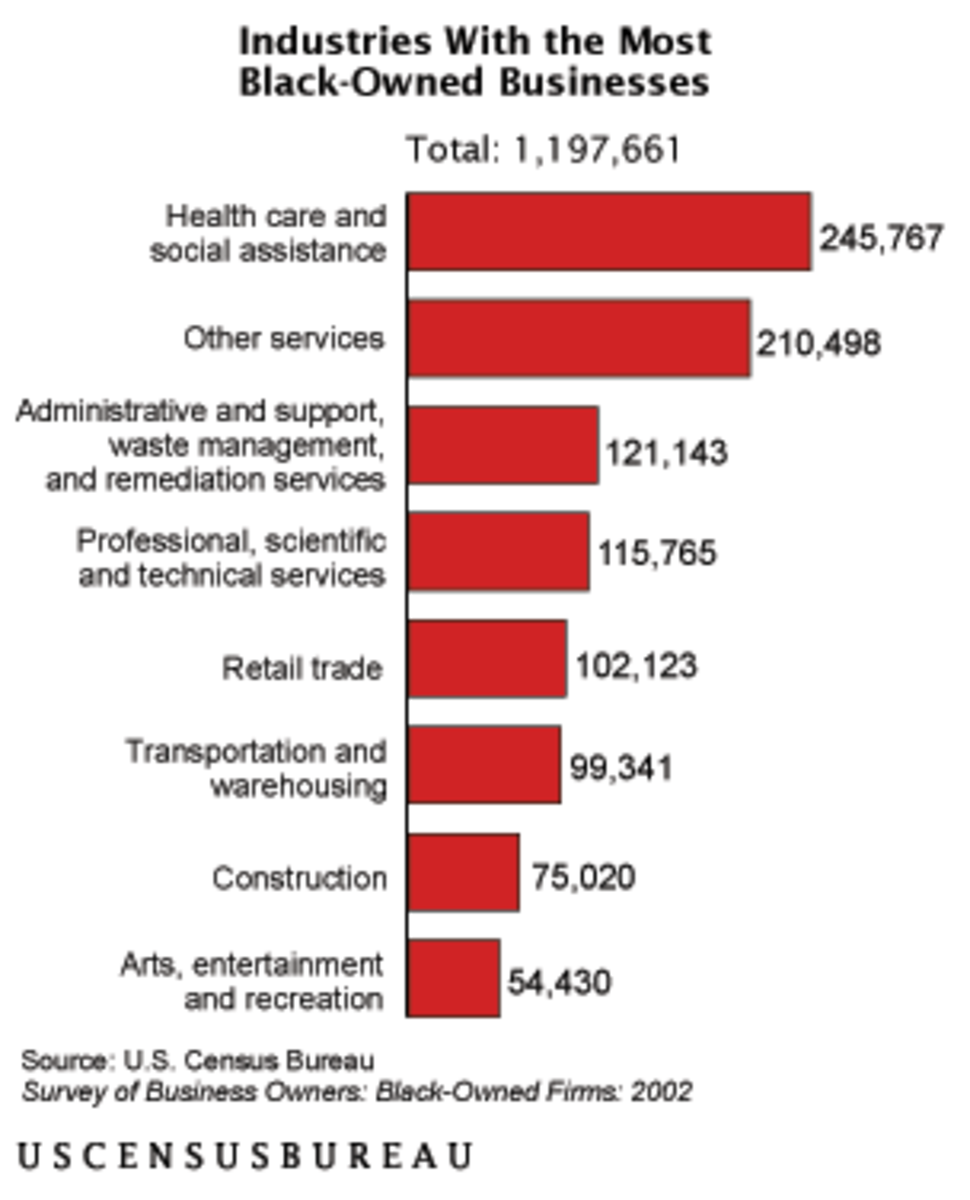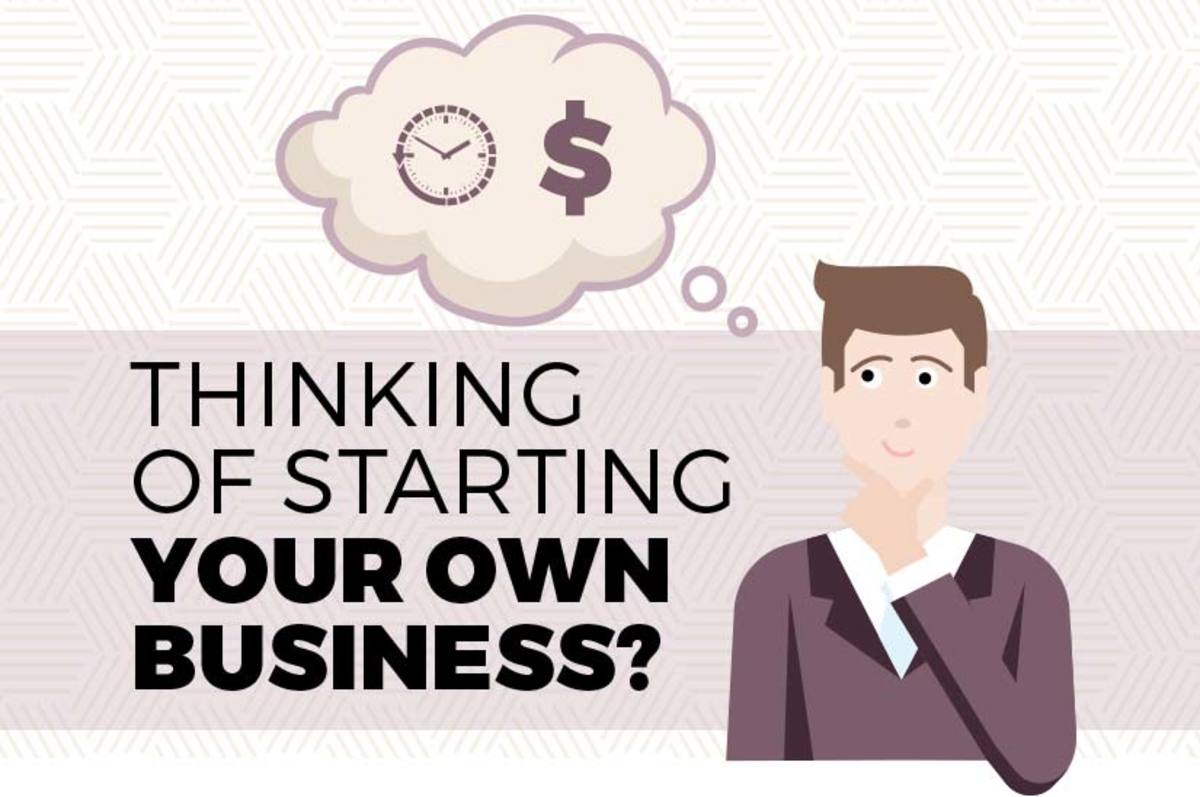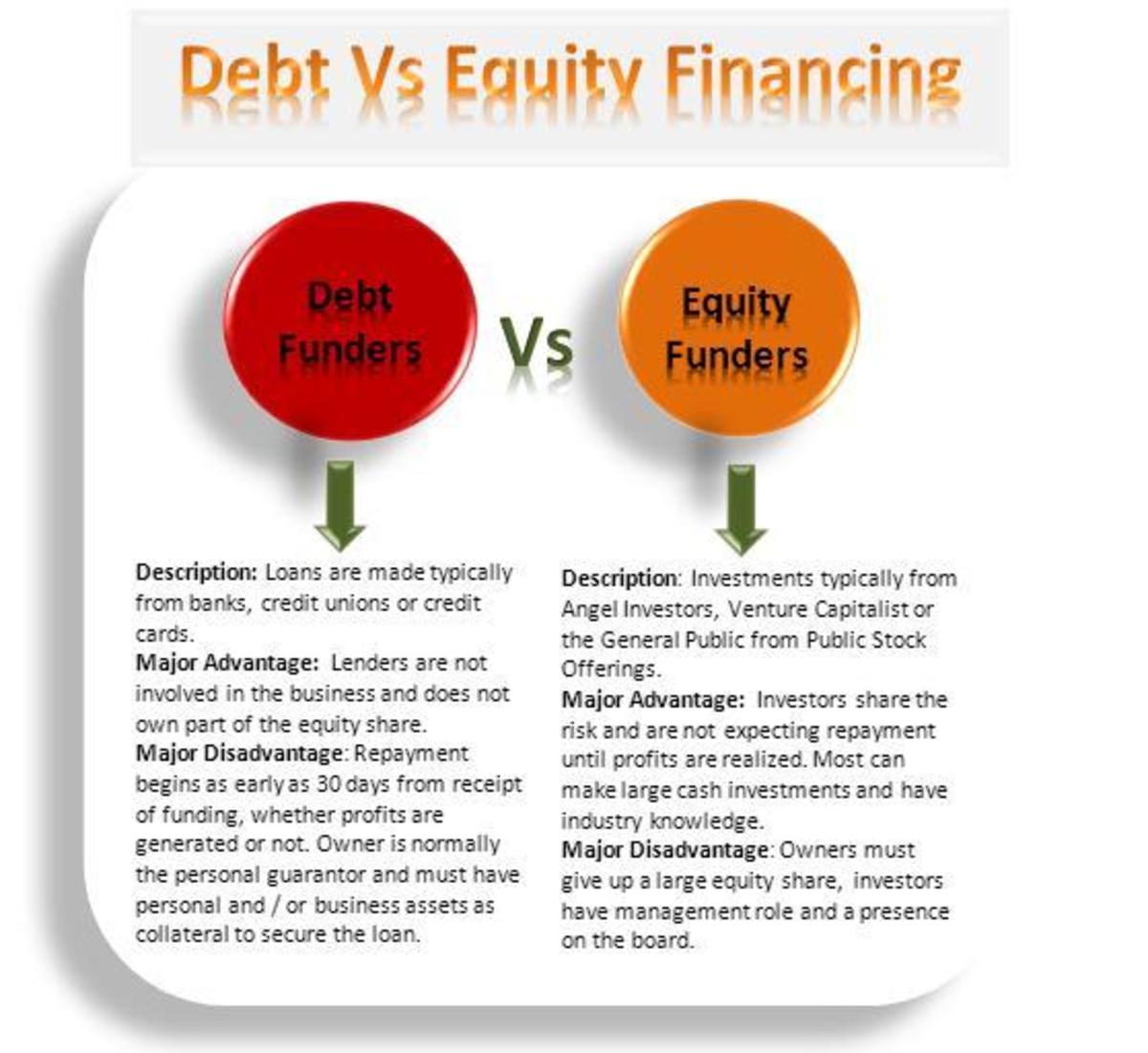- HubPages»
- Business and Employment»
- Small Businesses & Entrepreneurs»
- Entrepreneurship
How to Fund Your New Business
If you’re thinking of owning a business, the first concern that crosses your mind is funding. Having a dream and turning it into a reality are naturally two separate things. With the economic collapse of 2007, aspiring business owners were caught in a rut between finding the money to launch their ideas and having to conform to stricter lending policies. This put those without any credit history or perhaps a troubled one in a challenging position.
The fall of many corporate clients started an earnest call by policymakers and leaders encouraging entrepreneurs to take a plunge. With big companies trying to clean up their own reputations and straighten out their credit messes, economic watchdogs relied on small businesses to keep the economy afloat. But with big banks at a freeze until the financial mess was sorted through, several funding options appeared to help small businesses. Now entrepreneurs had access to several methods of starting their own businesses, thanks in most part to increased federal funding, and private citizens who used their own startup passions to create online environments linking borrowers to lenders.
But before considering any of those options, business owners must first understand their financing needs and limits. The first step is to evaluate how much your startup will cost you in the short-term. Most new companies don’t see a real profit until a few years down the line, unless they are a tech company, when they have managed to grow their customer base, increase their revenues, and eventually cover their costs - including their loans.
The first reliable source for any entrepreneur is the Small Business Administration, which offers new business owners with sources to strategic and financial support. The SBA website holds a treasure trove of materials on starting a business. Some of those include:
-
Mentorship – the SBA launched the SCORE site a few years ago to connect new business owners with experienced ones who serve as mentors. These volunteers help clients build business plans, discuss strategies, offer advice on funding, and help evaluate the business plan’s feasibility. There are also online workshops and webinars available at no cost. You can find access to the various links at https://www.sba.gov/tools/local-assistance/score.
-
Financing – the SBA has links to the different types of funding available, including grants at the federal, state, and local levels, and a national registry to banking institutions that provide SBA approved loans. Federal grants are only offered under strict guidelines since they must be approved by the government and authorized by the president. State and local grants have their own restrictions as well. If your company is research-based, there are specific grants available as well. Contrary to what many believe, grants are not usually free money, but the SBA’s site does a good job of explaining the requirements and expectations for grant funds. Loans are also available to borrowers who qualify, namely to those with poor credit histories, specifically targeted at women, and those that fall within a particular demographic group. Loans must be paid back with interest, although they won’t be as expensive as non-SBA loans. That information can be found at https://www.sba.gov/
-
Women Entrepreneurship – The SBA has a site focusing particularly on women. It works with the Office of Women’s Business Ownership to provide guidance and strategic support for any woman interested in launching her own company. As a federal entity, the SBA is also linked with the National Women’s Business Council, which conducts research for female-based companies. There is also an archive of podcasts and PowerPoints to help visitors understand the steps to take to launch a successful business. You can schedule an appointment with the numerous volunteers and groups in the immediate region for free consultations. As mentioned before, there are several funding opportunities catered to women. Visit https://www.sba.gov/content/women-owned-businesses to learn more.
If you’re not looking for help or are not qualified for that help from a government-based group, there are other funding options available:
-
Crowdfunding – Propelled by the rise of the internet and the frustration associated with the burden of borrowing from big banks, crowdfunding was introduced as an online marketplace for borrowers and lenders. New business owners can open an account with any of the numerous sites now available to the public and raise money to fund their endeavors. Most of the investors are average citizens looking to fund the next great idea or nonprofit work. Some of the money is offered as donations and is not expected to be paid back, other investments work as small loans, and still others are offered with a shareholder or profit interest in the company or project. Once controlled by a few sites, the market is now saturated by numerous crowdfunding companies that focus on specific goals. For small business owners, Kickstarter and IndieGogo are good places to start. Both have built solid, reliable brand names with the media and business magazines alike. If you want to search for your own crowdfunding venture, visit the industry group’s site at http://www.crowdsourcing.org/. Click on “Sites” located on the dashboard and search through the hundreds of links available.
-
Microlending – First geared at poor nations abroad, microlending has made its way to the U.S. as an alternative to crowdfunding and big bank borrowing. What sets it apart from crowdfunding is that the funds are held by a group that offers small loans to willing borrowers. The investment must be paid back with low interest, but since the loans come in small increments, they don’t place a huge credit burden on borrowers.
-
Family and friends – The biggest benefit to borrowing from loved ones is not having to pay back the loan with interest or any vested ownership in the startup. The greatest disadvantage is that relationships can be potentially severed if your company nosedives or you don’t earn any profits within the first few years. Sound bit of advice: any money borrowed from trusted ones should be backed by a binding contract reviewed and prepared by qualified attorneys. This ensures that there are no future misunderstandings and protects the lenders from any unexpected consequences such as bankruptcy or even death.








